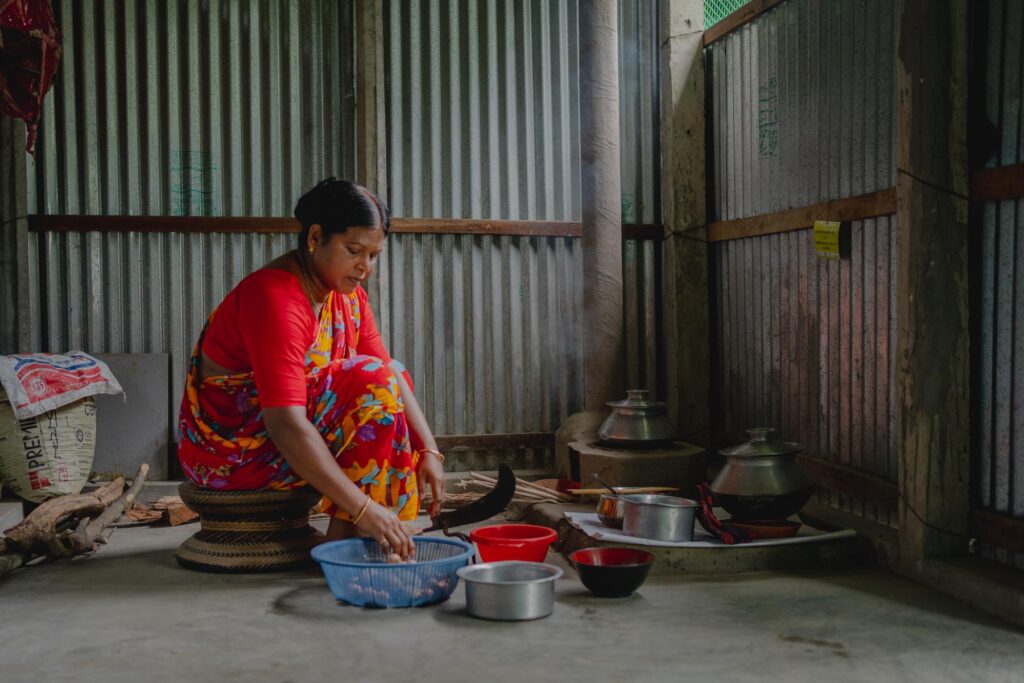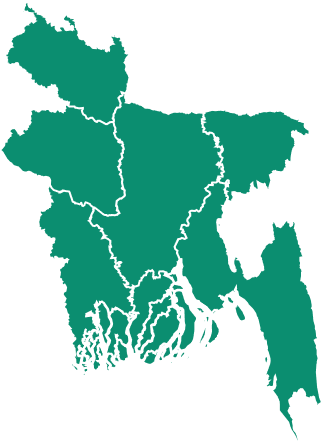Real Stories, Real Change

Manjai's Story

Earlier, I used to cook on a traditional stove. The entire house used to get filled with smoke and black soot. I also fell sick more often. It was difficult for me to breathe (while using a stove). After using Bondhu Chula, there is no smoke, black soot, or any residue on the utensils.
Manjai Costa
Doxin Bhadarti
Ghaziabad, Bangladesh


























